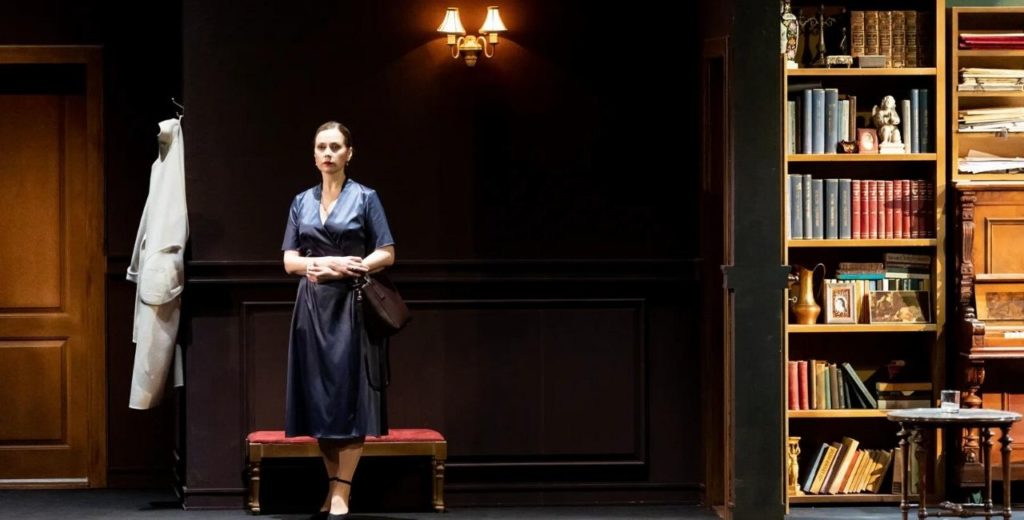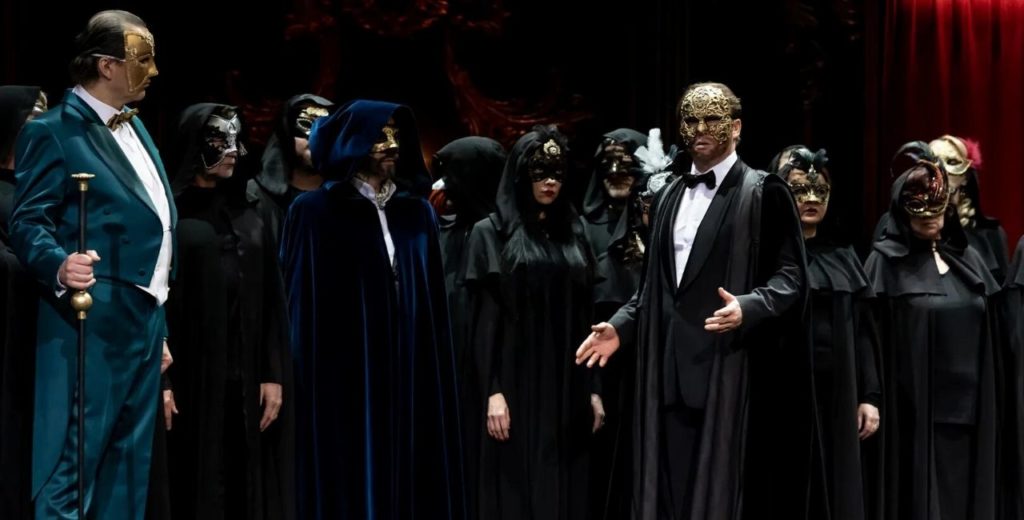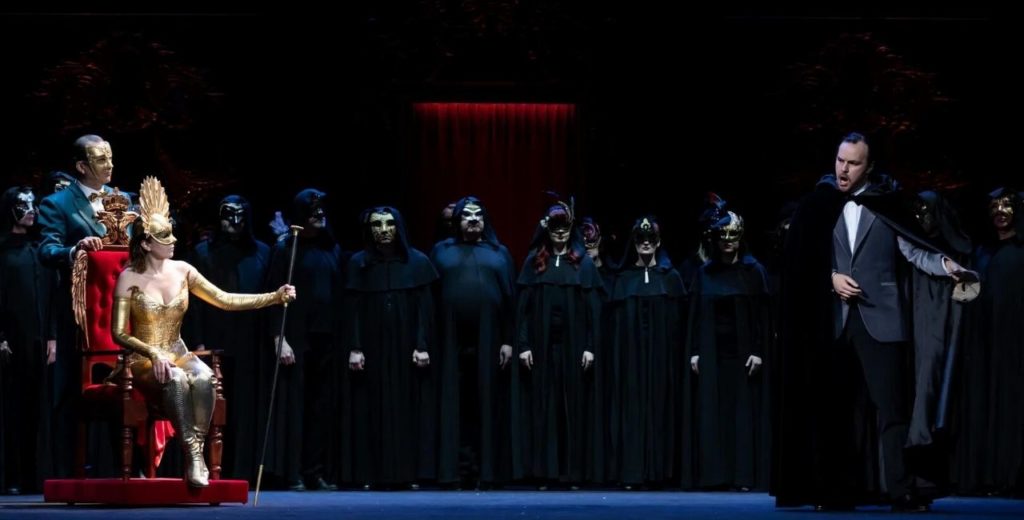The National Theatre of Prague presents Der Ferne Klang, an opera by Franz Schreker.
Though several of Franz Schreker’s nine completed operas were hugely fashionable in his lifetime, none has a secure place in the repertory nowadays.
The best known of them was the second to be composed, Der Ferne Klang, whose first performance in 1912 established Schreker alongside Strauss and Schoenberg as one of the leading modernists of his generation.
Schreker wrote his own libretto for Der Ferne Klang; it’s the story of an aspiring composer, Fritz, who sacrifices his personal happiness and that of his lover Grete in his lifelong search for the “distant sound” of the opera’s title that he hears within himself.
Its mix of eroticism and fairytale magic, combined with a musical style that manages to be both ripely romantic and chromatically expressionist in a score crammed with iridescent orchestral textures, provided the template for the success of several of Schreker’s later operas.
For tickets visit the National Theatre’s website
About Franz Schreker
In the first two decades of the twentieth century, Franz Schreker was considered the most significant German-language opera composer besides Richard Strauss * Der Ferne Klang (The Distant Sound, 1912), Die Gezeichneten (The Marked Ones, 1918) and Der Schatzgräber (The Treasure-Digger, 1920) were performed regularly on stages in German-speaking countries.
Influenced by Freud and Schnitzler in his operatic texts in which deep psychological insights figure prominently. His distinctively European style, which amalgamates contemporary French and Italian influences with an idiom close to late-Wagner and Mahler, was attacked by the increasingly nationalistic and anti-Semitic attitudes of the 1920s and the Nazis branded his music ‘degenerate’.
Influential teachers whose pupils included Brand, Goldschmidt, Hába, Krenek, Rathaus and Szpilman. As a result of a Schreker revival in the 1980s and early 1990s, is now widely regarded as one of the leading Austro-German post-Romantics and many of his lesser-known stage and concert works have been rediscovered.



Support Prague Morning!
We are proud to provide our readers from around the world with independent, and unbiased news for free.
Our dedicated team supports the local community, foreign residents and visitors of all nationalities through our website, social media and newsletter.
We appreciate that not everyone can afford to pay for our services but if you are able to, we ask you to support Prague Morning by making a contribution – no matter how small 🙂 .




